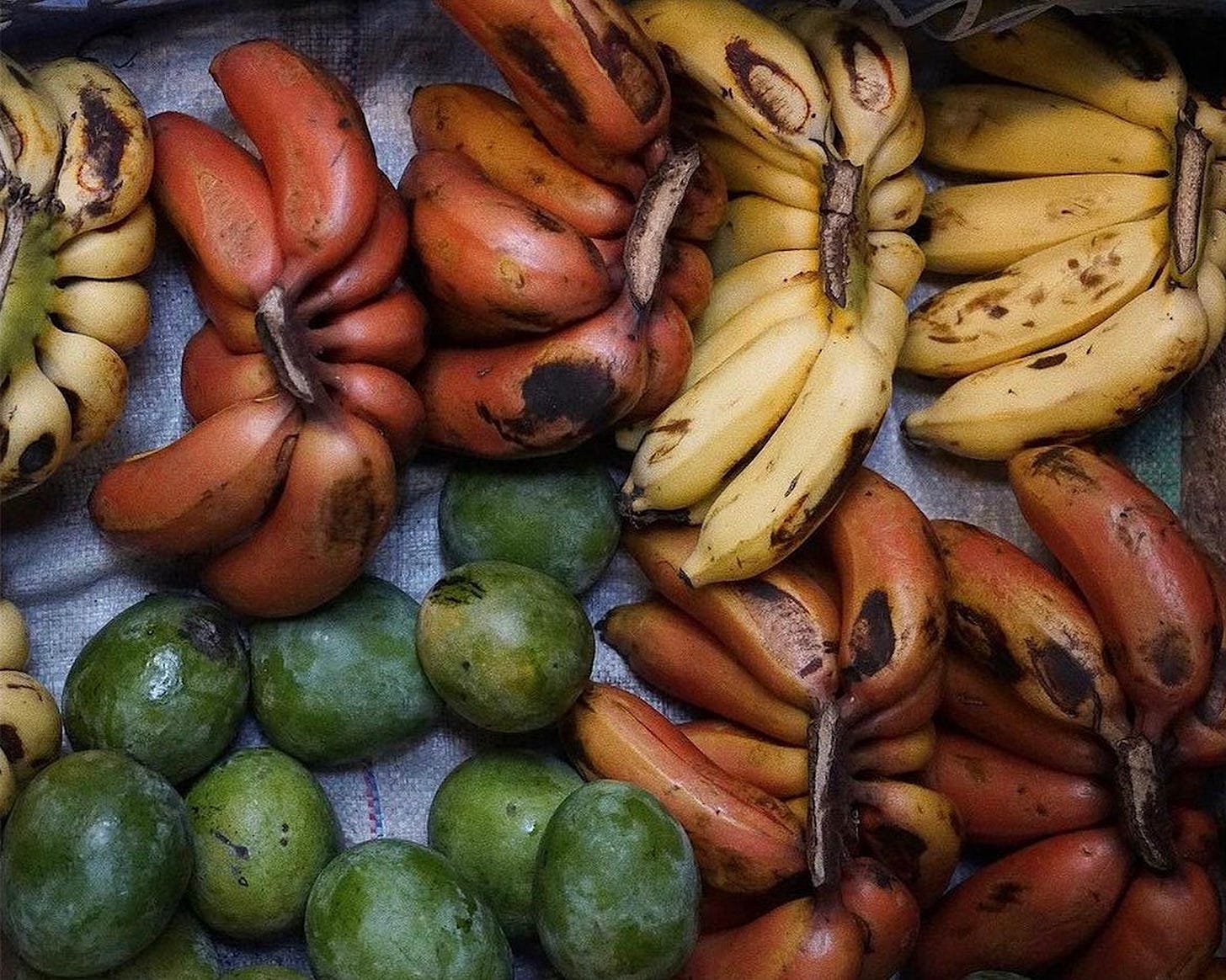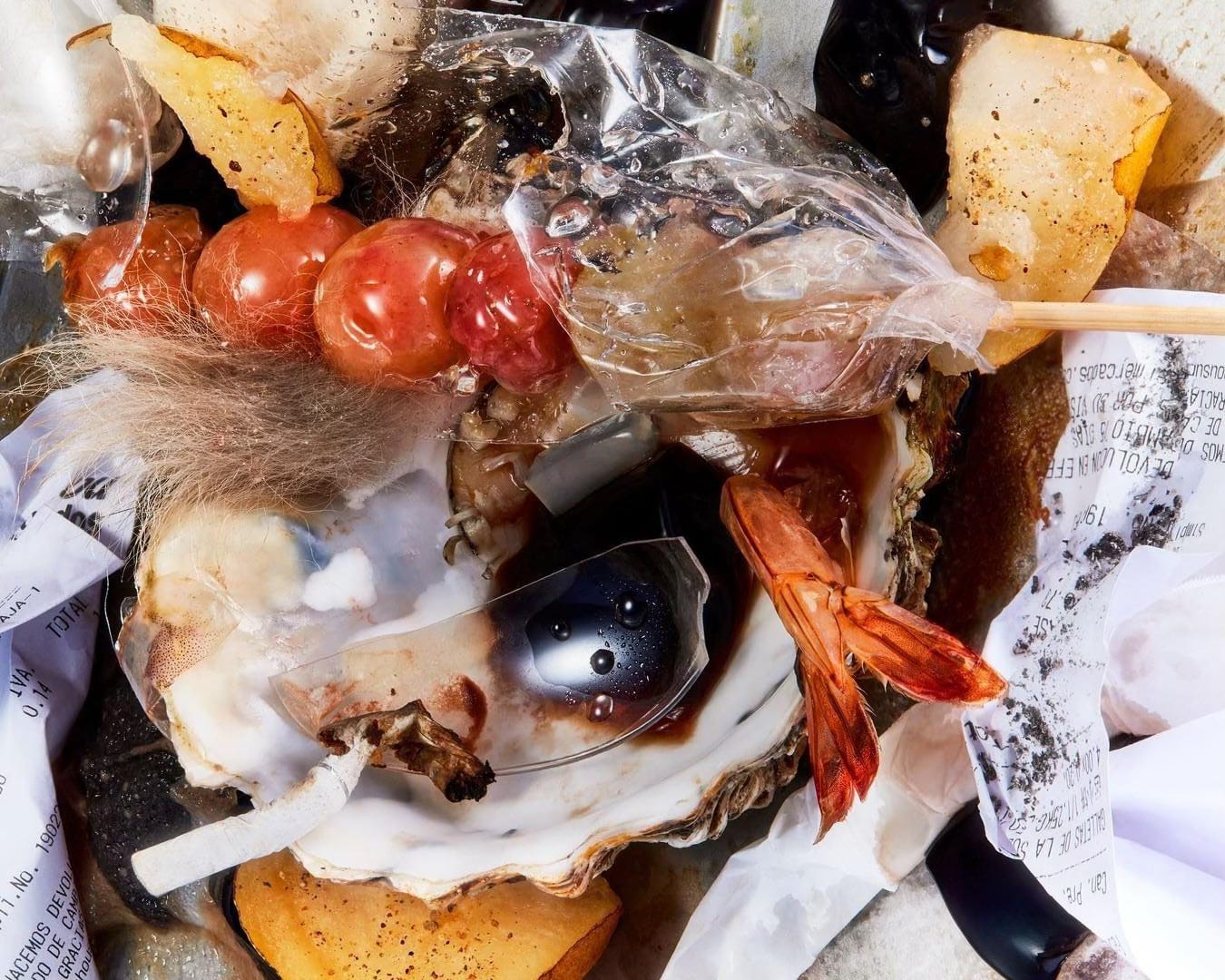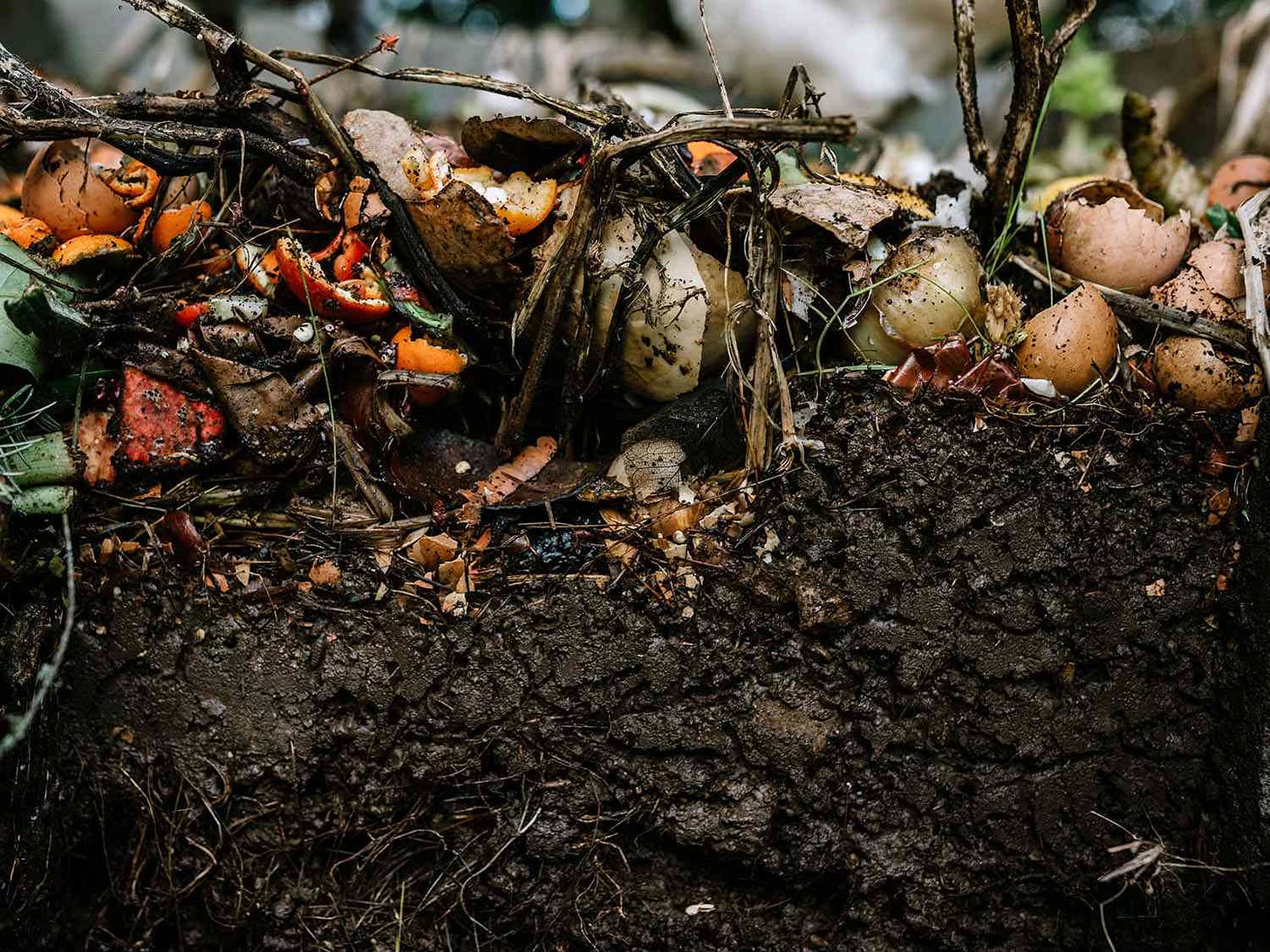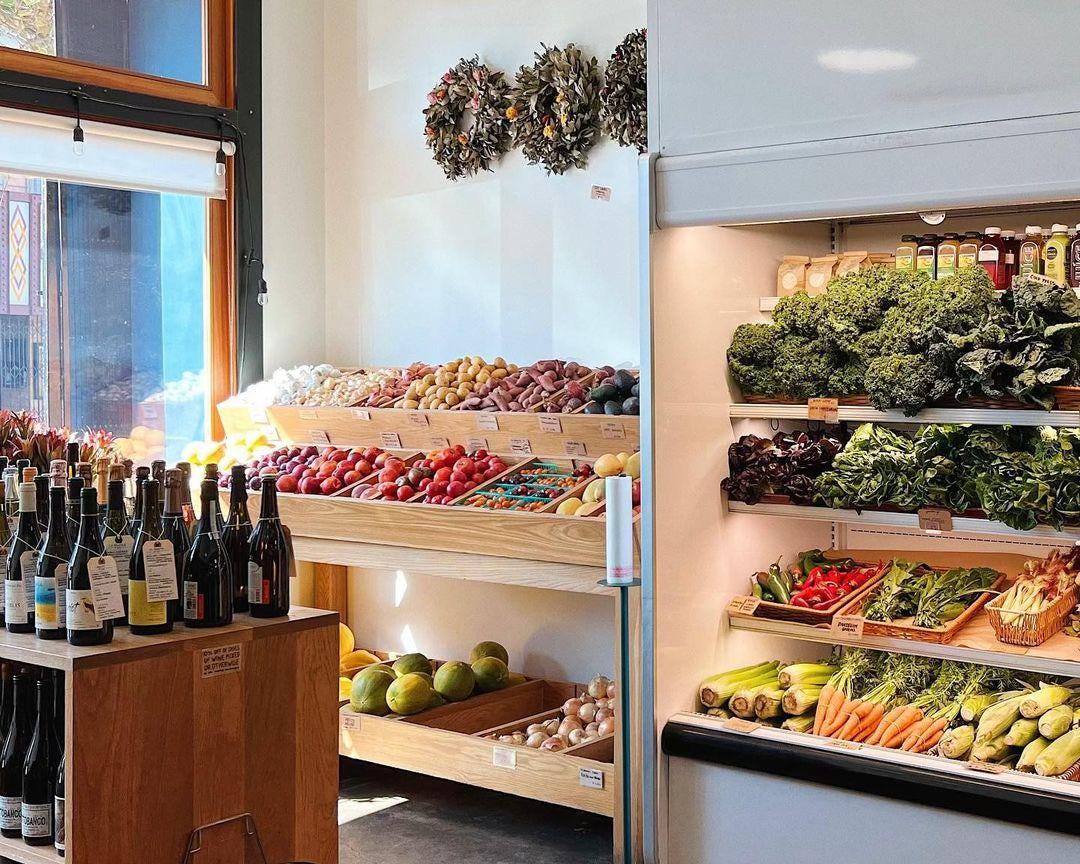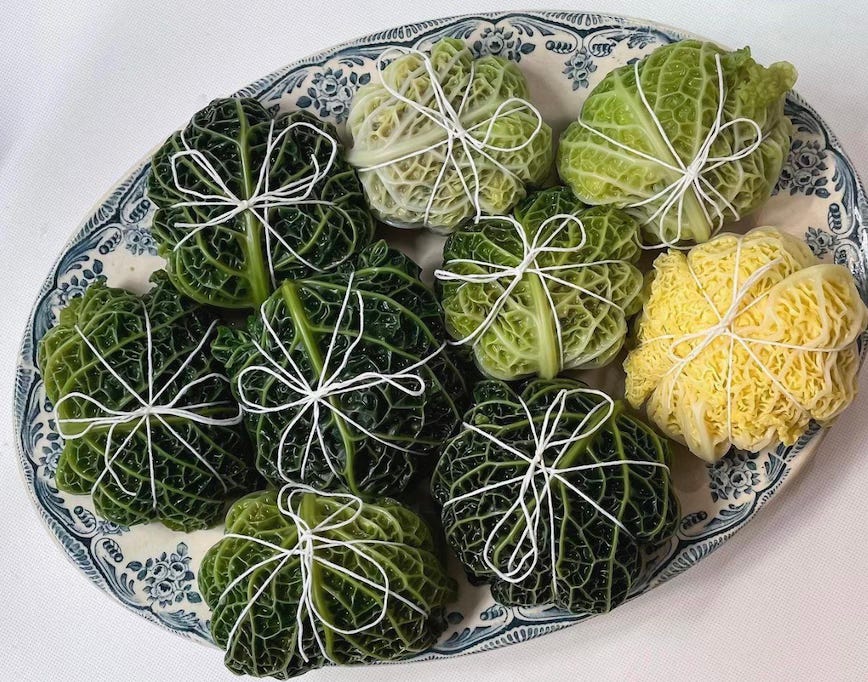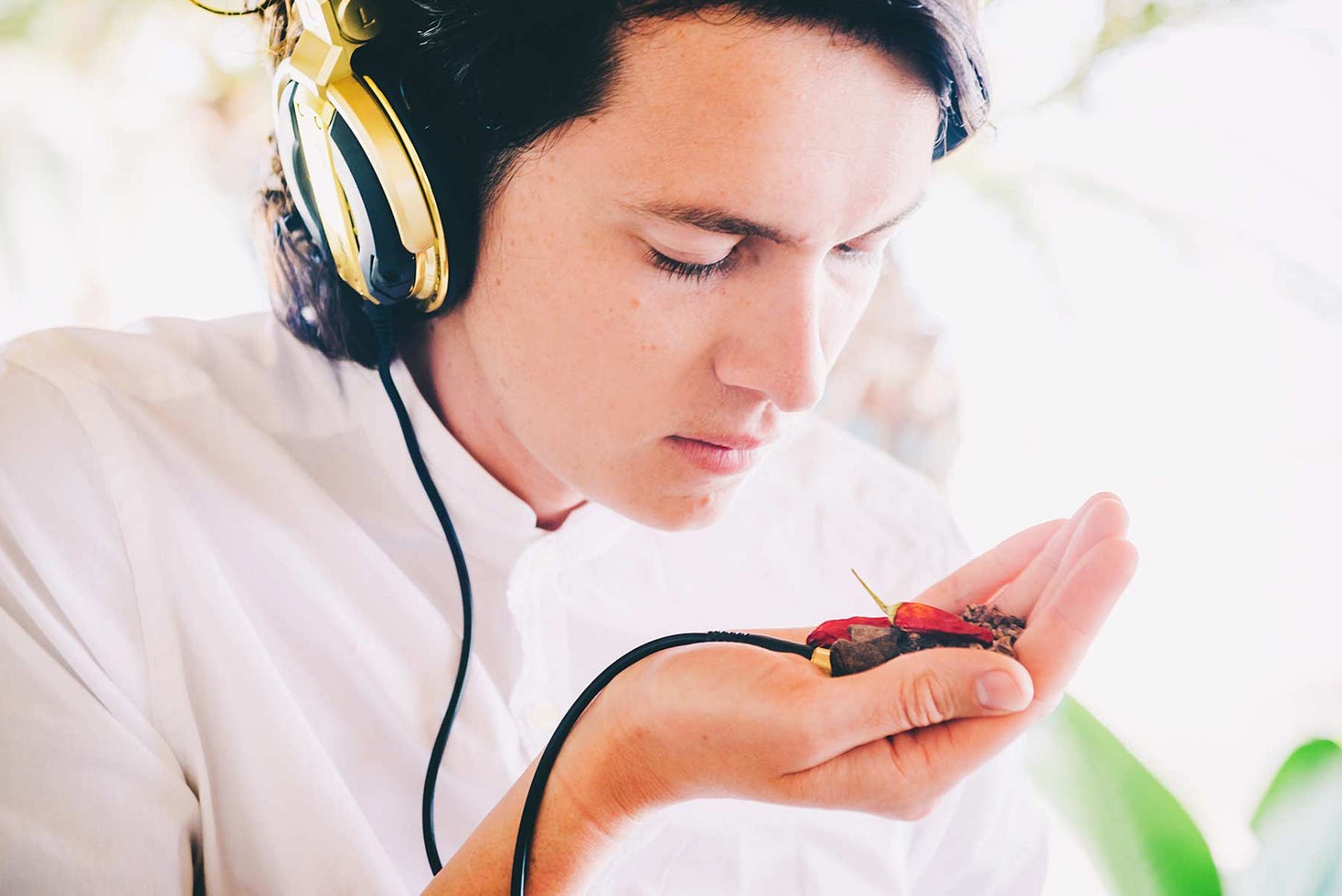Democratizing Food Literacy with Charles Michel
The Power of Food Education and a Guide to Conscious Eating
Working at the intersection of gastronomy, philosophy, and community, Charles Michel aims to inspire solutions for urgent global challenges. He is a food educator, experience designer, regenerative hospitality consultant, published scientist, professor, and artist who uses food and ritual as a medium for connection.
INL: You believe that centering our lives around food can be a catalyst for inner, social, and environmental change. Where did your understanding of and connection to food originate?
INL: Your first book, ‘Hearth’, is releasing later this year. Can you share a little about the premise and inspiration behind this book?
Charles: At the heart of our evolution, nestled within the narrative of human history, lies a profound truth we have been disconnected from in the past century: we are an agricultural species, and food has been at the center of our lives for as long as we’ve been human. ‘Hearth’ explores this profound connection, tracing how the mastery of fire and the advent of cooked food about two million years ago. As we evolved, so did our methods of sustenance, our technologies, and social systems. For most of the holocene era — roughly the past 10,000 years, we evolved hand in hand with plants and animals in mostly agricultural societies. The 19th century marked a transformative epoch with the invention of the steam engine, igniting the fossil fuel era, reshaping our food systems. This revolution steered us towards an unsustainable paradigm—a trajectory that "Hearth" scrutinizes through the multifaceted spectrum of disciplines, and invites us to remember that, around a hearth, we are human.
Food is not just sustenance; it’s a cornerstone of civilization, a lens through which we can better understand ourselves and the complex web of life that sustains us. So, why are we not teaching food at schools?
‘Hearth’ does not merely recount the past; it delves into the implications of these historical transitions on our present and future. Today, as we stand at a crossroads, the necessity to democratize food education and transform our food systems becomes ever more needed. These are not merely academic imperatives but urgent, existential ones that beckon us to redefine our relationship with food to pave a sustainable path forward—for humans and all life on Earth.
INL: You created a ‘Guide to Conscious Eating’ (included below) — what was the intention behind this?
1. Eat #realfood
Eat local foods, in tune with the seasons.
Shop at your local farmers market.
Make sure your food is grown and transformed ethically.
Avoid over-processed products with odd ingredients.
Grow food everywhere you can.
2. Eat more plants.
Adopt a plant-rich regenerative diet.
Inspire your friends by introducing them to the joys of plant-based food, not by shaming them for their animal consumption.
If you do eat dairy, fish or meat, choose the best quality, and reduce your consumption. Make it a once-a-week meaningful pleasure, supporting organic & regenerative farming producers.
Adopt a fully plant-based or #PlanetaryDiet.
3. Reduce food waste.
Globally, about 45% of food waste happens in households: in our refrigerators, and in our very own plates.
Addressing food waste is the most effective solution to directly reduce global carbon emissions:
At home, manage your pantry wisely, use ingredients in their entirety #RootToFlower #NoseToTail #FinToScale. Eat ugly food!
When eating out, order only what you will eat, share plates with friends when portions are too big!
4. Compost.
Compost at home, in your garden.
Food waste that ends up in landfills produces Methane, a greenhouse gas 21 times more potent than CO2.
Support restaurants that are engaged in clean practices.
Engage to make your local community and city provide adequate food waste management.
5. Avoid plastic.
Adopt a plastic-free lifestyle.
Refuse products or experiences that involve single-use plastic.
Always bring your tote bag to the food market.
Everywhere you go, carry your own bottle, cup and/or eating utensils.
6. Eating is a political act.
Vote with your money.
Support the agents of change by purchasing from clean, fair trade, regenerative, and carbon-conscious enterprises.
Be conscious of every bit of money you spend on food, at the supermarket, restaurants and workplace.
Question your state or country’s stance on agricultural and environmental policies. We need more soil, not oil!
7. Question everything.
Knowledge is power. Educate yourself and others from trusted sources.
Τhe best solutions are not simply black vs. white, local vs. global, or meat vs. vegan.
Be careful with superfood fads that often generate social injustice and environmental degradation.
8. Be frugal.
Food is medicine. Eat better quality ingredients, in smaller quantities.
It’s good for you, and better for the planet.
Human health and planetary health go hand in hand!
9. Cook wisely.
Cooking is a powerful transformative educational tool.
Be creative with plant-rich recipes and menus.
Food is sacred. Treat your food with respect and reverence. Be grateful.
INL: Why is it important for all of us to make these changes and what sort of impact can we each have by doing so?




